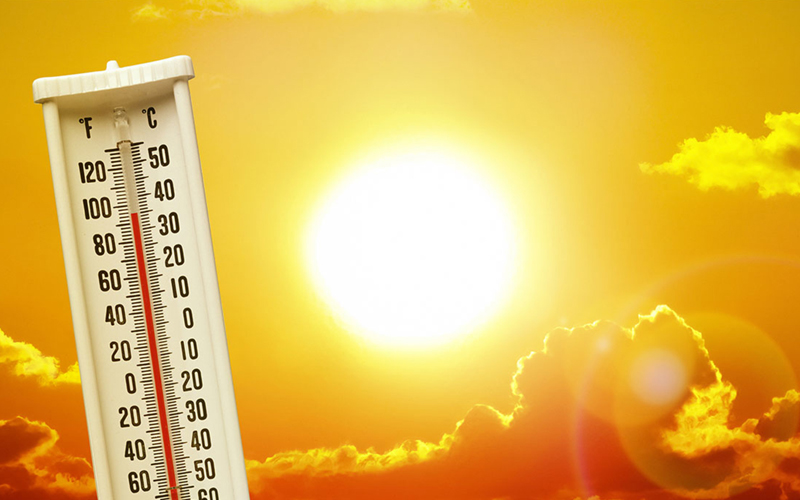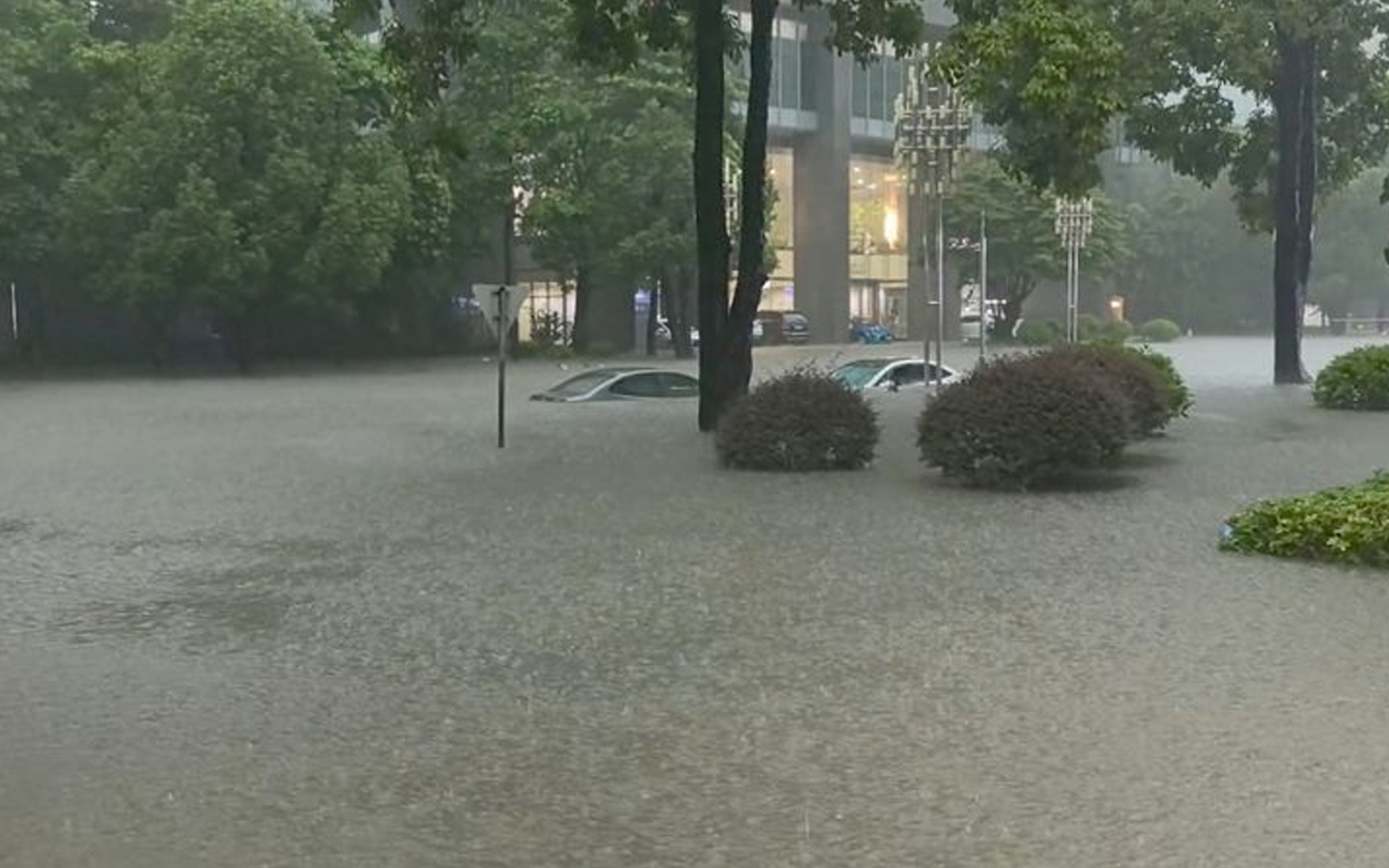
The government has urged residents to conserve water due to potential shortages.
On Tuesday, temperatures in New Delhi, the capital of India, soared to a record-breaking 49.9 degrees Celsius, reported by the Indian Meteorological Department (IMD) and conveyed by AFP on Wednesday via TASR.
IMD recorded these unprecedented temperatures at two stations in the metropolitan suburbs. Similar heat levels were forecasted for Wednesday, prompting a red alert. The IMD also warned that the extreme heat could pose health risks, particularly to young children, the elderly, and those with chronic illnesses.
Local authorities cautioned residents about the risk of water shortages, and the government urged people to avoid unnecessary water waste.
In May 2022, temperatures in New Delhi reached similar heights, with media reporting a record of 49.2 degrees Celsius.
Climate Change and Weather Extremes
The highest temperature ever recorded in India was 51 degrees Celsius in the desert region of Phalodi, Rajasthan, in 2016. Rajasthan currently also registers the highest temperatures in India at 50.5 degrees Celsius.
While high summer temperatures are not uncommon in India, scientists note that heatwaves have become longer, more intense, and more frequent due to climate change.
The weather has also impacted residents in the Indian states of West Bengal and Mizoram in the northeast, where heavy rains from Cyclone Remal have caused significant disruption. The cyclone, which hit India and Bangladesh on Sunday, claimed over 35 lives.
The Bangladesh Meteorological Department reported that this was one of the longest-lasting cyclones in the country’s history, attributing it again to climate change.


